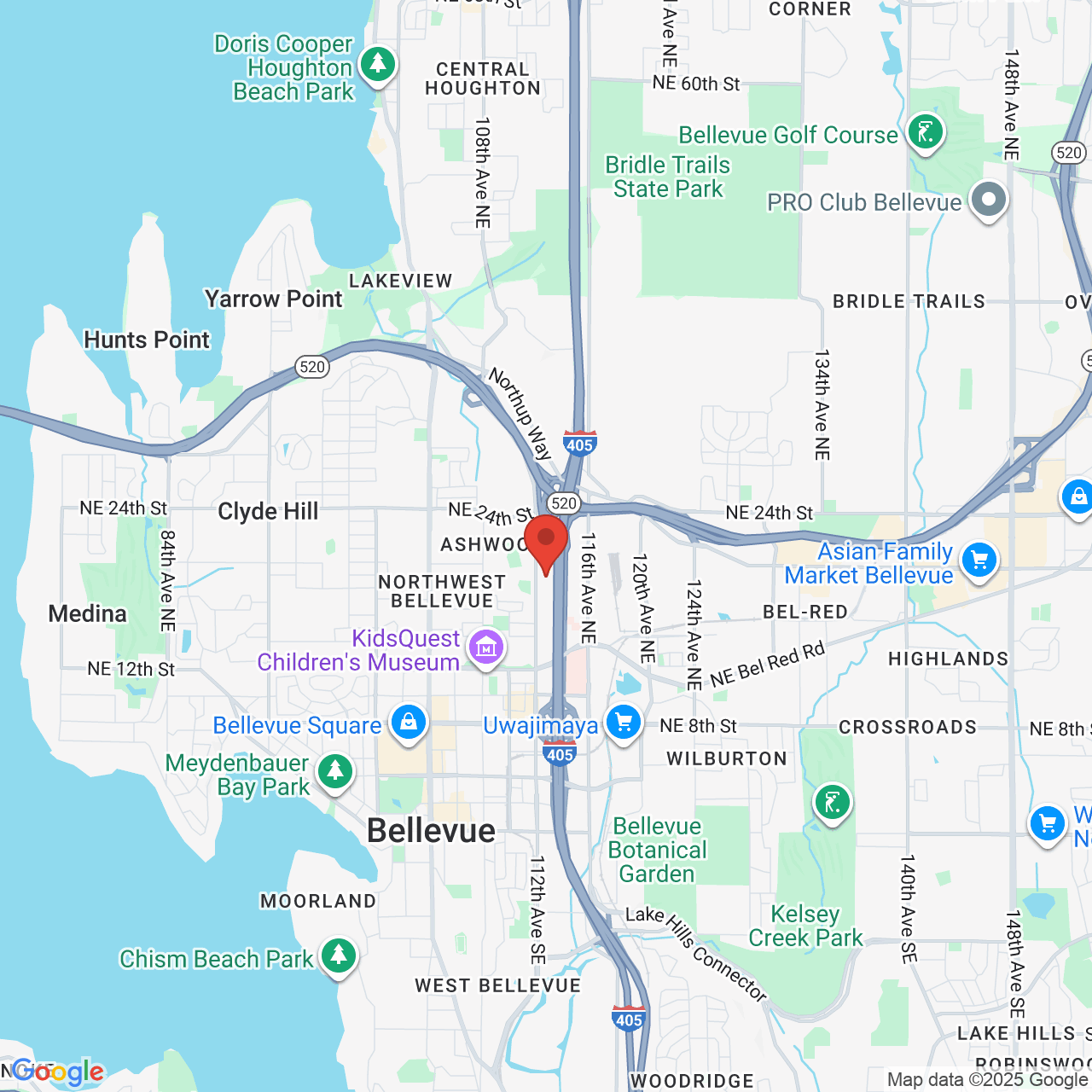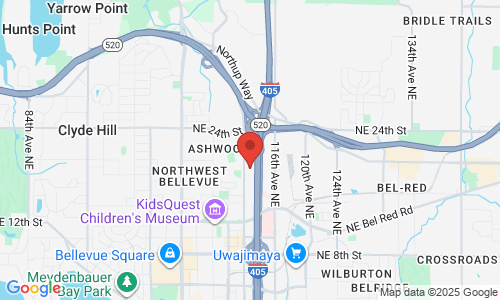Managing the Effects of Central Vestibular Disorder
A vestibular disorder resulting from a traumatic brain injury can significantly impact your quality of life, leading to symptoms like vertigo and dizziness.
The vestibular disorder lawyers at Quick Law Group, PLLC, serving Bellevue, WA, can hold at-fault parties accountable by pursuing maximum compensation.
Do you have a case?

How a Healthy Vestibular System Functions
The vestibular system is a sensory system related to balance and spatial orientation. Simply put, it allows for movement to be coordinated with balance. This system and the cochlea, an auditory system, make up your inner ear. The vestibular system sends signals to the nerves and muscles that control eye movements, and to the posture muscles that keep the body upright. The brain processes information sent from the vestibular system to coordinate positioning and acceleration from moment to moment.
Causes of Vestibular Disorders
If disease or injury damages the processing areas for vestibular system functions, vestibular disorders can result. Vestibular disorders may also result from or be worsened by genetic or environmental factors. In the general population, vestibular disorders are most commonly caused by a brain injury or viral infection, or result from the natural aging process.
Common Symptoms
Vertigo is a hallmark symptom of vestibular disease. It may manifest as a sensation of motion when the body is at rest, or an exaggerated sense of motion in response to bodily movement. In particular, vertigo may feel like:
- A sense of tumbling
- Spinning
- A sensation of falling backward or forward
- Feeling like the ground is rolling beneath your feet
These patients may complain of nausea. Vestibular disorders may also be tied to hearing loss or ringing in the ears.
Treating Short and Long-Term Effects
Treating the underlying cause of vestibular problems can provide relief and certain types of therapy can lessen the uncomfortable sensations of vertigo. Your doctor might recommend antihistamines, anticholinergics, or benzodiazepines. Additionally, rehabilitation exercises may be employed, including:
- Positioning maneuvers to prevent vertigo
- Repeated head movements
- Exercises to adjust gaze fixation
- Exercises to improve eye-head coordination
- Balance retraining therapy
If more conservative treatments fail to provide long-term relief, your doctor may recommend surgery. These types of procedures are designed to repair or stabilize inner ear function.
Living with Vestibular Dysfunction
Vestibular disorders can significantly detract from patients’ quality of life and income-earning capacity. The cost of medications, doctor’s visits, and physical therapy can quickly add up.
If you were diagnosed with a vestibular disorder caused by a brain injury or other preventable accident, we can hold negligent parties accountable.
Adding to this financial burden is time taken off work for sick days and medical care. In some cases, the patient may not be able to return to their work at the same level, or will not be able to return to work at all. Additionally, vertigo puts individuals at risk of falling and re-injuring themselves or sustaining other injuries.


